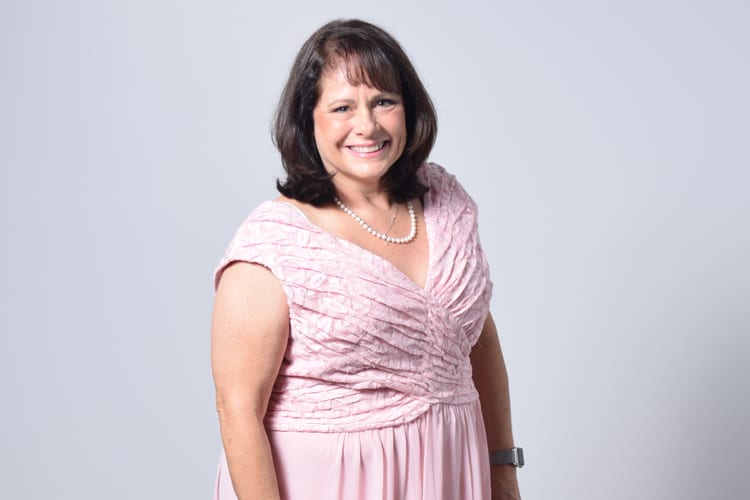As part of a first-in-the-nation program, Terros Health and Maricopa County Adult Probation (MCAPD) opened two integrated health centers in high needs areas of the Valley to improve probationers’ access to care and reduce the recidivism rate.
Justice Health Clinics co-located at Terros Health’s 27th Avenue Integrated Care Center and MCAPD’s Central Division Probation office in Phoenix are funded by a five-year grant from the Arizona Health Care Cost Containment System’s Targeted Investments Program. AHCCCS established the program in 2017 to incentivize eligible providers that meet certain benchmarks for integrating and coordinating physical and behavioral health care for Medicaid beneficiaries.
“Merging justice and health care is a game-changer for a population with a high incidence of physical and behavioral health issues,” said Barbara Broderick, chief probation officer for Maricopa County Adult Probation. “By collaborating with other partners in our community, we are able to open new doors for these individuals, particularly when it comes to the treatment of substance abuse.”
There are approximately 3,200 probationers at Maricopa County’s Black Canyon Adult Probation Center. Of that total, 1,829 individuals have identified needs for mental health and substance abuse services, according to data from the Maricopa County Adult Probation Department.
The centers are staffed by a Terros Health nurse practitioner and registered nurse case manager who are specially trained in working with the probation population, along with two counselors, a peer community health worker and a project manager.
Before receiving services, probationers undergo a comprehensive physical and mental health examination that includes BMI, heart function, diabetes, anxiety and depression screenings. Results from the screenings, along with an evaluation of the individuals’ social determinants of health, are used to inform a customized treatment plan.
Terros Health has been serving the probation population for many years, but this program makes health care more accessible to probationers, according to Peggy Chase, the organization’s president and CEO. “We want probationers to feel welcome and know that their health and well-being is valued,” she said. “Partnering with Maricopa County Adult Probation on this program offers coordination of care under one roof, and the opportunity to meet probationers’ physical and mental health needs at one time, giving them a new path to succeed, as part of our compelling purpose to Inspire Change for Life.”
Chase and Broderick agree that a warm hand-off from a probation officer to the care team helps motivate probationers for whom health care may not be a priority.
“Oftentimes, probationers don’t think of their health because they are concerned about finding a home and having transportation,” Broderick said. “When they do have a health problem, more than 40 percent of these individuals end up in the hospital Emergency Department or at an urgent care center,” she added. “This program pushes them to think differently and to benefit from a different kind of support system.”
Terros Health has extensive experience working with the justice system to expand treatment, community education and prevention efforts through its Maverick House, a residential substance abuse treatment center, and Bridging the Gap Re-Entry program, which helps inmates upon release to re-engage in the community and reduce returns to prison. Since the Bridging the Gap Re-entry program’s inception in 2014, Terros Health has helped more than 200 individuals re-engage in society, reducing the recidivism rate and saving the state millions of dollars in incarceration costs.
As an extension of its work, Terros Health will co-locate probation officers in two additional Terros Health clinics, at its Stapley clinic in Mesa and Olive Integrated Center in Glendale. The new Justice Clinics will open this month and will be staffed on weekdays by two probation officers and Terros Health’s physical and behavioral health team.
“Integrating physical and behavioral health in this way was our vision for the TIP Justice Clinics,” said Jami Snyder, director of AHCCCS.
She noted that the clinics are designed to achieve three overarching goals: to reduce fragmentation between acute and behavioral health care, improve efficiencies in service delivery through enhanced provider integration, and make a positive, measurable difference in the health of those with physical and behavioral health needs.
“Ultimately, we want the TIP Justice Clinics to become a model of care that works in Arizona and that could also be adopted in other parts of the nation,” she said.




